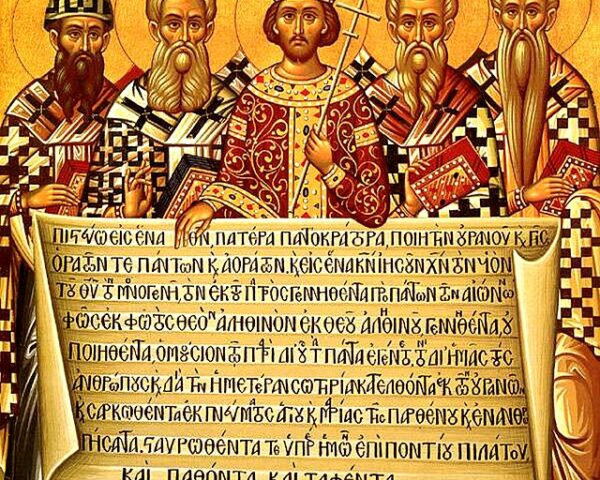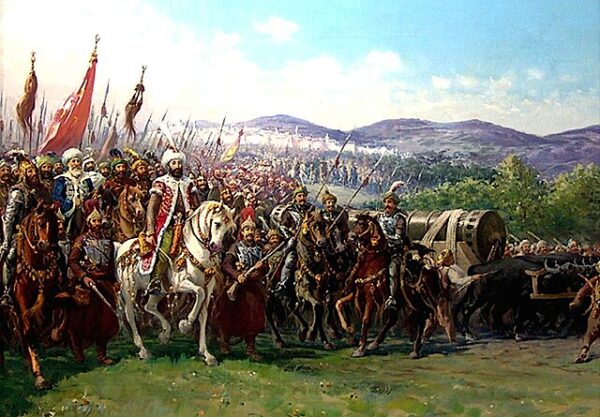August 9, 48 BC, saw a battle that shaped the course of history for a thousand years. Pitting Julius Caesar against Pompey, the Battle of Pharsalus was a pivotal conflict during the Roman Civil War. This decisive battle occurred near the town of Pharsalus in Thessaly, Greece.
The fight involved the future of Rome. Julius Caesar and Pompey had once been staunch allies, but their political aims drove them apart, leading to a bitter rivalry and, eventually, open warfare. Caesar, a charismatic and skilled military commander, had gained popularity and control in Rome, while Pompey, an experienced general, hoped to defend the Republic and maintain the Senate’s authority against Caesar’s dictatorial ambitions.
In January 49 BC, writes History Hit, “Caesar and his legions crossed the Rubicon river into Italy. Entering Italy with a Roman army was considered by the Senate to be treasonous and a declaration of war. The shocked Senate, led by Pompey, lacked the soldiers to prevent Caesar taking control of Rome; they had not been prepared for him to take such drastic action.
As Caesar marched towards Rome, Pompey convinced the Senate that the best course of action would be to retreat across the Adriatic and rally legions in Greece. They did so, while Caesar prepared a fleet to transport his legions and pursue them.
In Greece, Pompey mustered a huge army from the Roman soldiers posted around the provinces, and used his fleet to blockade Italy and prevent Caesar crossing the sea. Caesar and one of his generals, Marcus Antonius, succeeded in evading Pompey’s ships and landed some of their legions in Greece, ready to take the fight to Pompey.”
The battlefield was set.
Pompey, commanding a larger force, relied on traditional Roman tactics of forming a strong defensive line. On the other hand, Caesar adopted a more innovative approach. He exploited the terrain and deployed his troops in ways that allowed him to capitalize on the individual fighting abilities of his soldiers, trusting them to remain loyal.
The battle unfolded with intense fighting, but Caesar’s tactics proved triumphant. Despite being outnumbered, his forces managed to break through Pompey’s lines, leading to a rout of Pompey’s army. The victory at Pharsalus secured Caesar’s dominance in the Roman world and marked a turning point in the civil war. Pompey fled to Egypt but was assassinated upon arrival, effectively ending his resistance against Caesar.
The aftermath of the Battle of Pharsalus solidified Julius Caesar’s position as a sole ruler in Rome, effectively putting an end to the Roman Republic and paving the way for Empire. The battle’s outcome demonstrated the importance of innovative military strategies, adaptability, and the loyalty of soldiers. It also highlighted the dangers of unchecked political ambition and the potential for civil conflict to reshape the course of history.






